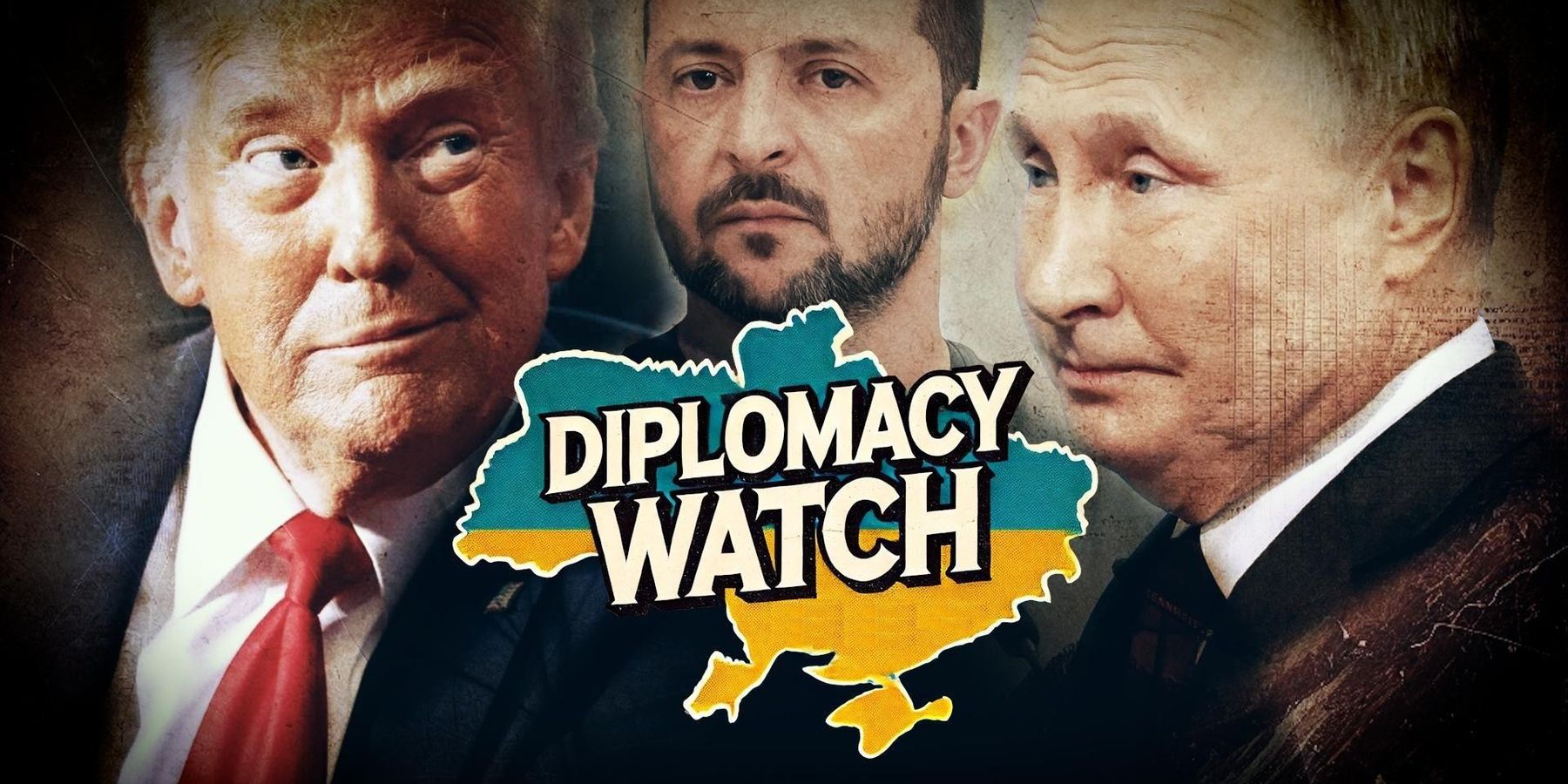While pushing to negotiate with Russia on Ukraine, President Donald Trump simultaneously claims Europe should spend more on the war effort — and on defense, generally.
During his presidential campaign, Trump suggested he’d encourage Russia to "do whatever the hell they want" against NATO countries spending under 2% of their GDP on defense. And since winning the election, Trump has upped his suggested spending percentages, saying NATO countries should aim to spend 5%. He repeated this call on Thursday during his speech to the World Economic Forum in Davos.
“We’re talking to [Ukrainian President Volodymyr] Zelenskyy. We’re going to be talking with President [Vladimir] Putin very soon. And we’ll see how it all happens. We’re going to look at it very soon. One thing I do feel, the European Union should be paying a lot more than they’re paying,” Trump said in recent public comments about the Ukraine war.
In the wake of Trump’s return to the White House and uncertainty surrounding the Ukraine war, European officials increasingly fear being cut out over relevant war negotiations, or otherwise being abandoned by the U.S. Indeed, Zelensky even publicly questioned the U.S. commitment to Europe in a speech at Davos.
Rather than reconsider its stance toward the conflict, however — NATO head Mark Rutte explicitly warned against withdrawing Ukraine support at Davos — many European high officials instead want to bolster defense spending, in line with Trump’s calls.
"What will we do in Europe tomorrow if our American ally withdraws its warships from the Mediterranean? If they send their fighter jets from the Atlantic to the Pacific?" Macron asked French military members early this week in a call to reduce Europe’s security reliance on America.
"Do not play down [Trump’s appeal] to spend 5%," Polish Prime Minister Donald Tusk said in a speech to the European parliament Wednesday, re-upping Trump’s comments.“Ask not of America what it can do for our security. Ask yourselves what we can do for our own security.”
“If Europe is to survive, it must be armed,” Tusk emphasized.
At the recent European Defense Agency annual conference, EU top diplomat Kaja Kallas also highlighted Russia’s higher defense spending levels: whereas 9% of Russia’s GDP goes toward its military budget, EU member states on average spend less than 2%.
“Europe’s failure to invest in military capabilities also sends a dangerous signal to the aggressor. Weakness invites them in,” Kallas said at the conference. "Russia poses an existential threat to our security today, tomorrow and for as long as we underinvest in our defence," she explained.
Kallas, working with EU defense commissioner Andrius Kubilius, plans to advance proposals to bolster the EU’s defense capacities in March.
"The storm clouds of war are gathering over Europe," Kubilius said at the European Defense Agency conference. "We can outspend, outproduce — and outgun Russia.
In other Ukraine war news this week:
According to the Ukrainian Air Force, Russia attacked Ukraine with four missiles and 131 drones on Wednesday. Seventy-two of the drones were destroyed, another 59 disappeared without reaching their respective targets, Al Jazeera reported.
According to The Guardian, prominent financier Bill Browder suggested UK Prime Minister Keir Starmer push for Ukraine to receive about $300 billion worth of foreign currency, gold, and bonds belonging to the Russian central bank, all frozen at the start of the Ukraine war, to spend on weapons to keep fighting.
According to Reuters, Trump threatened Russia with sanctions if it does not meaningfully negotiate to end the Ukraine war. “I’m going to do Russia, whose economy is failing, and President Putin, a very big FAVOR. Settle now, and STOP this ridiculous War! IT’S ONLY GOING TO GET WORSE,” Trump said on Truth Social.
As per Sky News, Russian officials quickly responded to Trump’s threat. As Russia’s deputy UN ambassador Dmitry Polyanskiy emphasized, negotiations depend on whether given proposals work to address the Ukraine conflict’s underlying origins. "It's not merely the question of ending the war…It's first and foremost the question of addressing the root causes of [the] Ukrainian crisis."
"We have to see what…the 'deal' mean[s] in President Trump's understanding. He is not responsible for what the US has been doing in Ukraine since 2014, making it 'anti-Russia' and preparing for the war with us, but it is in his power now to stop this malicious policy,” Polyanskiy explained.
- The dangers of Europe's blindness to a long war in Ukraine ›
- More war in Ukraine prevents European strategic autonomy ›
















